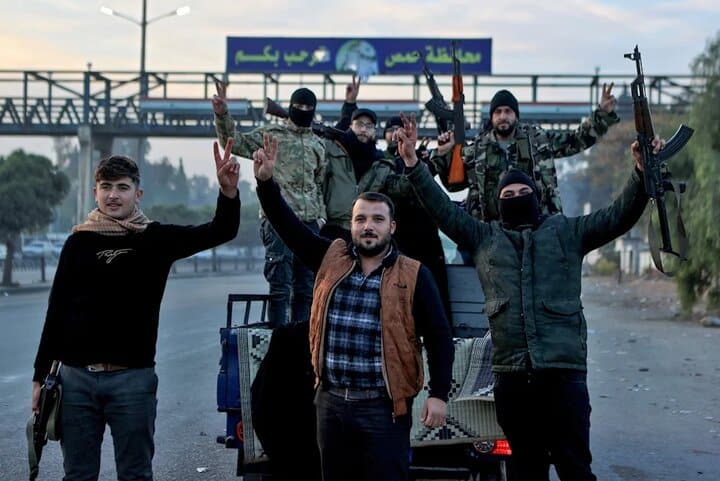What is the view of Zionist analysts on developments in Syria?
According to Al Jazeera, after the success of Syrian terrorist groups in overthrowing the government of Bashar al-Assad, the future of the country is completely unclear and complicated from the perspective of the Zionist regime, which is why the Zionist regime has deployed its forces in the border area with Syria.
Although the Tel Aviv regime considers the fall of the government in Syria to be a historical phenomenon that will have many consequences in the Middle East and could change the rules of the game in the region, it is also concerned that what happened in Syria will be transmitted to some other Arab regimes.
Amiram Levin, a retired brigadier general of the Israeli army and an expert on military issues, referred to the new occupation of the Zionist regime in the Jabal al-Sheikh Heights in Syria and considered this incident to be the result of the Zionist regime’s concern about developments in the country and the emergence of chaos in the Middle East.
He, who previously served in positions such as commander of the Northern Front and deputy head of Mossad, believes that the Israeli army is in a critical situation. The war in Gaza continues and the ceasefire with Lebanon is fragile, in addition to the fact that another front is open to the Israelis in the West Bank.
Michael Milstein, a strategic analyst and head of the Center for Palestine Studies at Tel Aviv University, also examined the Zionist regime’s concerns about the events in Syria in an article in the Yedioth Ahronoth newspaper and, referring to the events of October 7, warned that the Zionists must be careful not to be surprised again.
Pointing out that nothing has happened in Syria since Bashar al-Assad that would make the Zionist regime optimistic about creating a new Middle East based on the plan of Prime Minister Benjamin Netanyahu, he stated that Tel Aviv must stop its sloganeering and false pride in military achievements on the northern front and in Lebanon.
Milstein continued: Tel Aviv must be vigilant because the opponents of Syria are multiple currents with conflicting interests and ideas. Some of them are jihadist Islamists, and it is not an exaggeration to hypothesize that Syria may be divided into separate regimes.

